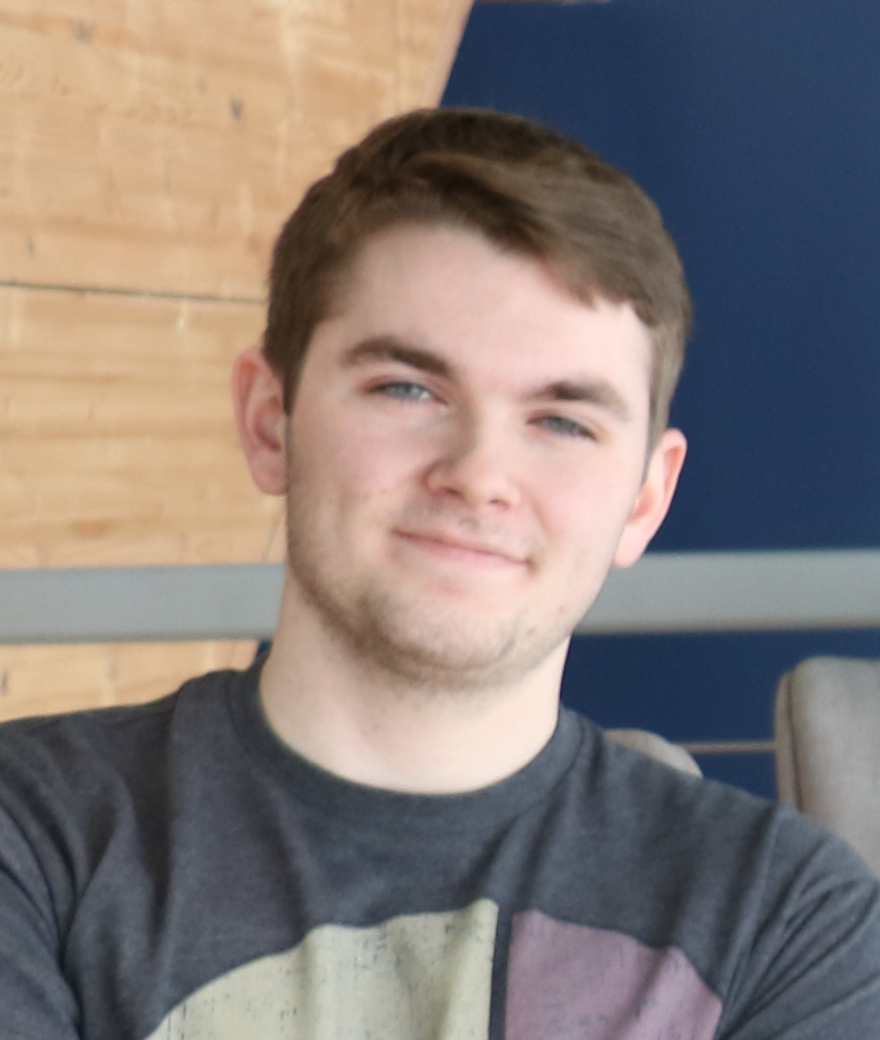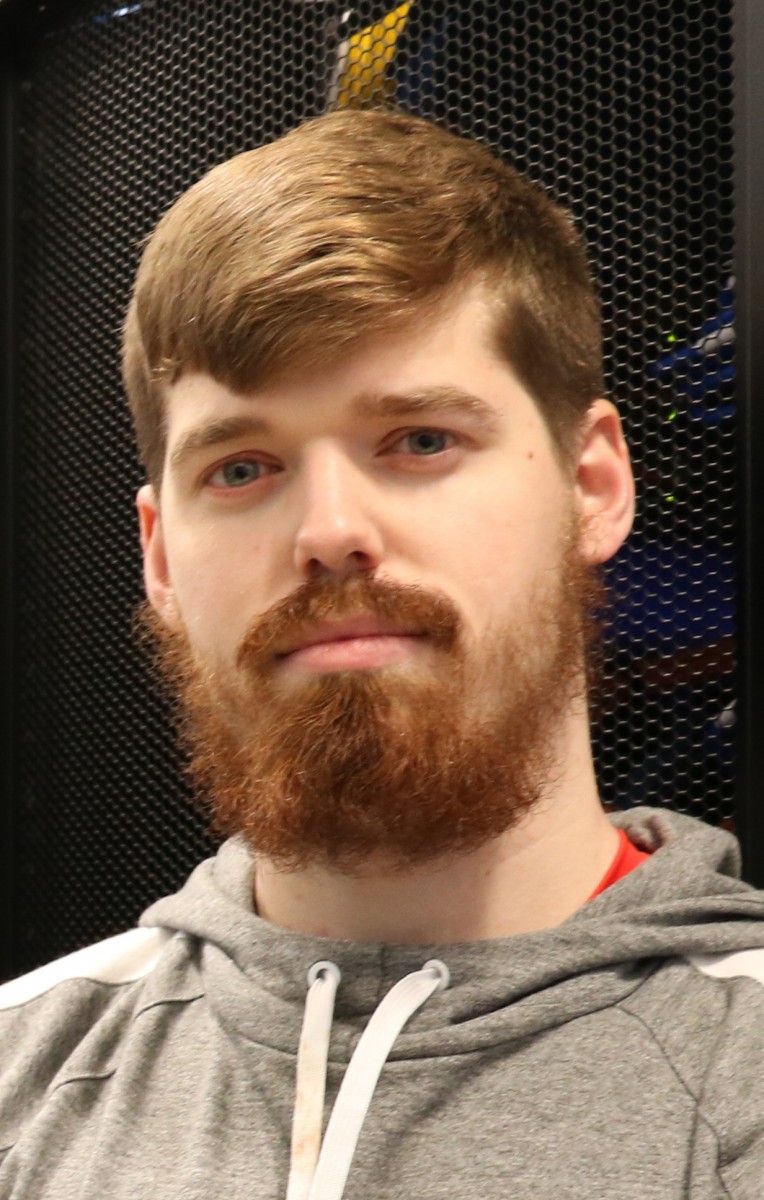Students chosen for thinkcyber fellowship program
July 23, 2018
“To win the relentless cyberwar currently raging, we need hackers.” Think-cyber.com
To develop that workforce of ethical hackers, the cyber security company Synack and the tech recruiting company NavTalent joined forces with the investment banking company Morgan Stanley to sponsor the first ever ThinkCyber fellowship program in July.
The four-day summer fellowship focused on providing an intensive program to 20 of the best and the brightest young and inquisitive hacker minds, said the ThinkCyber website. Students learned cyber security skills to help them “emerge as the next generation of ethical hackers with the skills necessary to detect and prevent future cyber threats.” A press release from Synack cites data from Cybersecurity Ventures that estimates there will be 3.5 million unfilled cyber jobs by 2021.
Two of those 20 fellows were Dakota State University students, Jarod Keene, a cyber operations major from Rapid City, S.D., and Logan Sampson, a cyber operations major from Findlay, Ohio. Sampson said the agenda included presentations and training on different penetration testing tools, and “a live hacking event which included a public facing company that we tried to find vulnerabilities against in real time.”
 Keene was introduced to a new method of spotting adversaries in a network, a method that was derived from a technique designed to monitor network traffic for mapping purposes.
Keene was introduced to a new method of spotting adversaries in a network, a method that was derived from a technique designed to monitor network traffic for mapping purposes.
“The biggest thing for hacking skills that I took away,” Sampson said, “was that each individual has a different methodology for approaching a problem and learning to see it from a different perspective is great. Sometimes you may find something small, but you can turn that into something much larger with a little bit of patience.”
 Networking with others was another highlight, Sampson said. “The fellows included students from MIT, Carnegie Mellon and other big-name schools. Along with this, a few students were interns at Fortune 100 companies such as Facebook, Instagram, Lyft, and Google.” Some students were international, Keene noted, from Italy and England.
Networking with others was another highlight, Sampson said. “The fellows included students from MIT, Carnegie Mellon and other big-name schools. Along with this, a few students were interns at Fortune 100 companies such as Facebook, Instagram, Lyft, and Google.” Some students were international, Keene noted, from Italy and England.
“Working alongside and networking with these very intelligent students was a great experience,” Sampson said.
The fellows also heard from personnel at tech companies. “The first day we had the opportunity to visit with a representative of Microsoft and she seemed more than willing to pass along our résumés,” Keene said.
“The fellowship was a unique opportunity to not only work with other select students, but also some of the top professionals in the industry,” said Josh Stroschein, assistant professor in the Beacom College of Computer and Cyber Sciences. He teaches cyber security and network and security administration.
Faculty had recommended the DSU students apply for the new fellowship, a process that included completing an application and two interviews.
“It was a fantastic experience and I recommend it highly,” Keene said.
